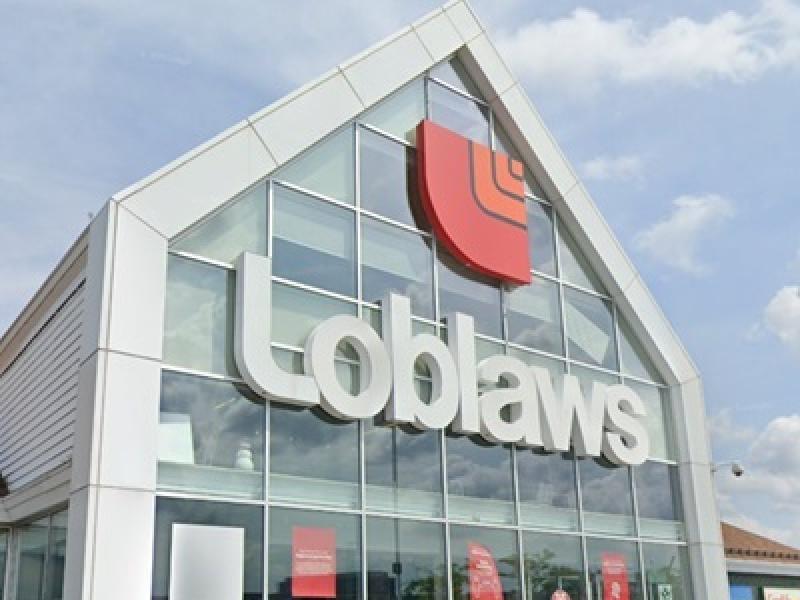 During my commercial real estate career, I have had the opportunity to represent many different motel buyers and sellers throughout Saskatchewan. I find these assignments rewarding in a number of different ways.
During my commercial real estate career, I have had the opportunity to represent many different motel buyers and sellers throughout Saskatchewan. I find these assignments rewarding in a number of different ways.
The hospitality industry simply seems to attract good people, people who have a passion for providing comfortable accommodation for the weary traveller.
Let’s look at the reasons this can be an attractive asset class for you to consider.
Superior return on investment
Capitalization rates on average will vary between nine per cent for major market property and up to 14 per cent for secondary and tertiary markets. Generally speaking, these cap rates are two to four per cent higher than what can be found in other asset classes.
When you can borrow mortgage funds that are 4.5 to 9.5 per cent below the cap rate, cash on cash returns can reach in excess of 20 per cent. As you would expect, increased return results in increased risk.
It is important to have confidence in the economy of the region you are considering.
Tax advantages
Let’s say you have owned your motel for four years and have an opportunity to sell, realize a capital gain, and trade up to a larger property. CRA allows you to postpone or defer reporting the capital gain and recapture of capital cost allowance.
Provided you meet certain conditions, you will want to do this when you use the proceeds of disposition of the property to purchase a replacement property. The election will defer the tax consequences on the above amounts until you sell that replacement property (unless you elect to trade up yet again).
As always, be sure to consult your tax accountant beforehand.
Ease of management
Most motel operations now offer a simple breakfast service to their guests. This is different from hotel operations which are commonly known to include full service restaurants and can also extend to a lounge/bar and banquet facilities.
The ease of managing a limited-service motel compared to a hotel with extensive food and beverage services are obvious. Typically, however, the cap rate on a full service hotel will be one to two per cent higher than a limited-service property. Most first-time investors will choose to enter the business with a less complex limited-service property.
Diverse investment entry options
With an extremely limited supply of investment properties available within the other commercial real estate asset classes, it’s important to know entry-level options in the motel sector can be found in a diverse price range.
You will, however, no longer see new properties constructed with fewer than 50 or 60 rooms. Operators have found the economies of scale for management and staffing simply work better within this size or larger.
Management options
There are three management models: Owner/operator, hired-staff manager or contracted third-party management. There are many business factors that will influence an owner’s decision in this area.
The investors’ available time, dollar per hour productivity and experience will typically influence his judgement on this issue. Any discussion of the hospitality industry is incomplete without addressing the pros and cons of flagged properties, a topic within itself for another post.
Have I piqued your curiosity?







